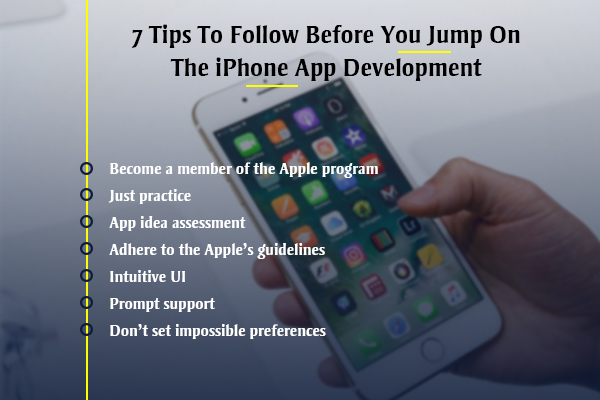Why iOS Is Better- Biggest Controversies, iOS vs Android Permissions
Today, iOS has a consistent permission system wherein the application clients have the capacity to settle on various choices. In addition, the iOS permission system is much more pragmatic contrasted with the permission system incorporated inside of the Android fueled apps. In this post, I'll be examining key differences in the middle of iOS and Android permissions, in this way assisting you with comprehension why iOS permissions are better contrasted with Android permissions.
Image Source :- www.devbattles.com
Presenting clients to hazards
Not at all like iOS, doesn’t Android offer clients a control over the sort of permissions that the apps could have. That implies, if the client doesn't care for iPhone Game Development application permission, he/she is completely avoided installing the application and its components.
Solace level of typical clients
In case you're a typical client who is interested in playing portable iPhone Game Development without getting your location and contacts gathered by the application, then conducting Android for iOS which will help you. With iOS application permissions, you have the capacity to accomplish a greater control over the amusement, in this way keeping the security of your personal subtle elements from getting compromised in any capacity.
Management of application permissions
Despite the fact that Android (adaptation 4.3) is furnished with a default settings menu that manages application permissions, this menu is generally not visible and not accessible to application clients. That implies keeping in mind the end goal to manage your application permissions you have to invest a lot of time and effort.
'Use it or abandon it' Vs 'Use it as you like it'
With Android apps, you can either choose to permit all application permission amid the installation process or simply settle on not installing the iPhone Game Development application. iOS clients, then again, can proceed with accepting some application permissions, while denying others. That implies, you can introduce an iOS application whether you choose to accept or prevent any from securing the application permissions. All things considered, the iOS application permission system renders an inside and out comprehension of the scenario of accepting or rejecting a particular application permission.
Image Source :- clickmind.in
Knowing the gadget elements that the application would be accessing
In spite of the fact that Android has dependably stayed in front of iOS in context of ease of use; the Android application permissions don't educate anything regarding the cell phone elements that would be accessed and utilized by the application. In contrast to this, iOS application permissions inform the client about the distinctive gadget elements that would be accessed by the application.
Carefulness
Not at all like the Android application permission system, will the iPhone Game Development permission system alert the clients about the privacy settings the first time when the application tries accessing a particular component like videos, photos, contacts and so on. Hence, iOS clients are very much aware about the opportune time at which they ought to change the privacy settings for keeping their gadget safe from spamming attacks and irritating mass advertisements.
Protectors of Android application permissions need to realize the way that denying application permissions can without much of a stretch lead to application crashes. Hopefully the Android application permission issues highlighted in the above post will propel you to shift to iOS which is outfitted with much simpler and intuitive application permission architecture.



Comments
Post a Comment